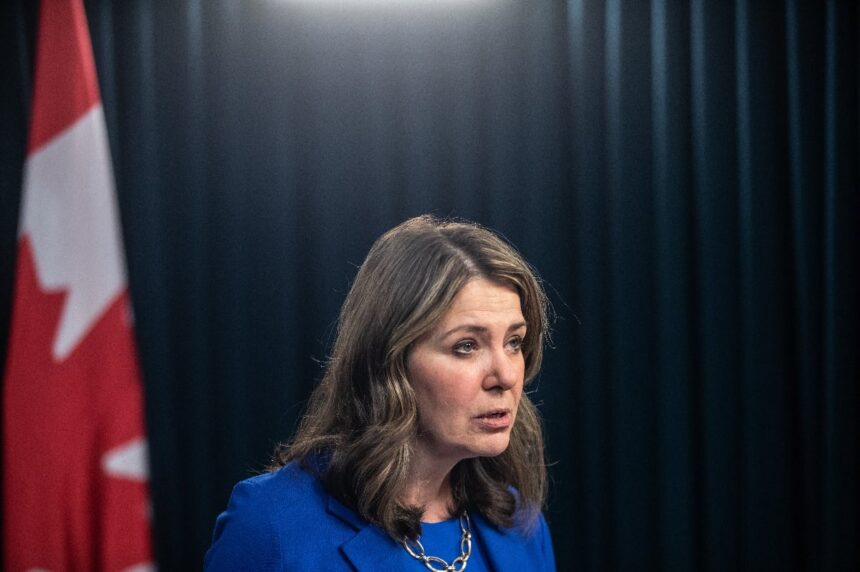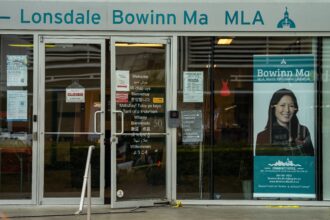In a dramatic escalation of provincial autonomy rhetoric, Alberta Premier Danielle Smith announced yesterday that she would be open to holding a separatist referendum if enough Albertans demanded it through a formal petition process. This bold declaration comes amid growing tensions between the resource-rich western province and the federal government in Ottawa over energy policies, tax revenue distribution, and constitutional jurisdiction.
“If Albertans feel their voices aren’t being heard within confederation, I will listen,” Premier Smith stated during a press conference at the Alberta Legislature. “Should 100,000 eligible voters sign a petition requesting a referendum on independence, my government will honor that democratic expression.”
The announcement represents a significant shift even for Smith, who has previously championed Alberta’s “sovereignty within a united Canada” rather than outright separation. Political analysts suggest this move may be calculated to pressure Ottawa while solidifying support among her United Conservative Party’s base ahead of challenging economic forecasts.
Federal reaction was swift and concerned. Prime Minister Justin Trudeau emphasized that “Canada is stronger when we work together,” while highlighting recent collaborative efforts on energy transition projects in Alberta. Opposition leader Pierre Poilievre called Smith’s suggestion “a predictable result of years of Liberal policies that have alienated Western Canadians.”
Economic implications of such a referendum would be profound, according to experts at the University of Calgary’s School of Public Policy. Dr. Martha Reynolds notes that “uncertainty alone could trigger capital flight, while actual separation would create enormous challenges around currency, trade agreements, and debt allocation.” Alberta’s economy, heavily dependent on cross-border trade, could face significant disruption during any transition period.
Indigenous leaders across Treaty 6, 7, and 8 territories have expressed serious concerns about how separation might affect their sovereign rights. Grand Chief William Morin stated, “First Nations entered into treaties with the Crown, not Alberta. Any separation conversation must fully respect and protect those nation-to-nation relationships.”
Legal scholars point out that unlike Quebec’s secession framework, Alberta lacks clear constitutional pathways to independence. “The Supreme Court’s 1998 Quebec Secession Reference would apply, requiring clear questions and clear majorities,” explains constitutional expert Dr. Rebecca Chen from the University of Alberta. “But the practical implementation would be unprecedented and legally complex.”
Polling suggests Albertans remain deeply divided on the question. A recent survey by Angus Reid indicated approximately 29% of Albertans would support independence, while 58% opposed it, with the remainder undecided. Support skews higher in rural regions and among those working in the energy sector.
Energy industry representatives have expressed mixed reactions. While some executives appreciate Smith’s advocacy for provincial resource control, others worry about market stability. “Investment decisions require predictability,” notes Alberta Energy Chamber President James Wilson. “Constitutional uncertainty creates the opposite environment.”
As Alberta navigates this contentious political landscape, the fundamental question remains: can the legitimate grievances of Albertans be addressed within confederation, or has the relationship deteriorated beyond repair? With economic recovery still fragile post-pandemic and energy transitions looming, the stakes of this provincial-federal power struggle extend far beyond Alberta’s borders to the very fabric of Canadian federalism itself.


















